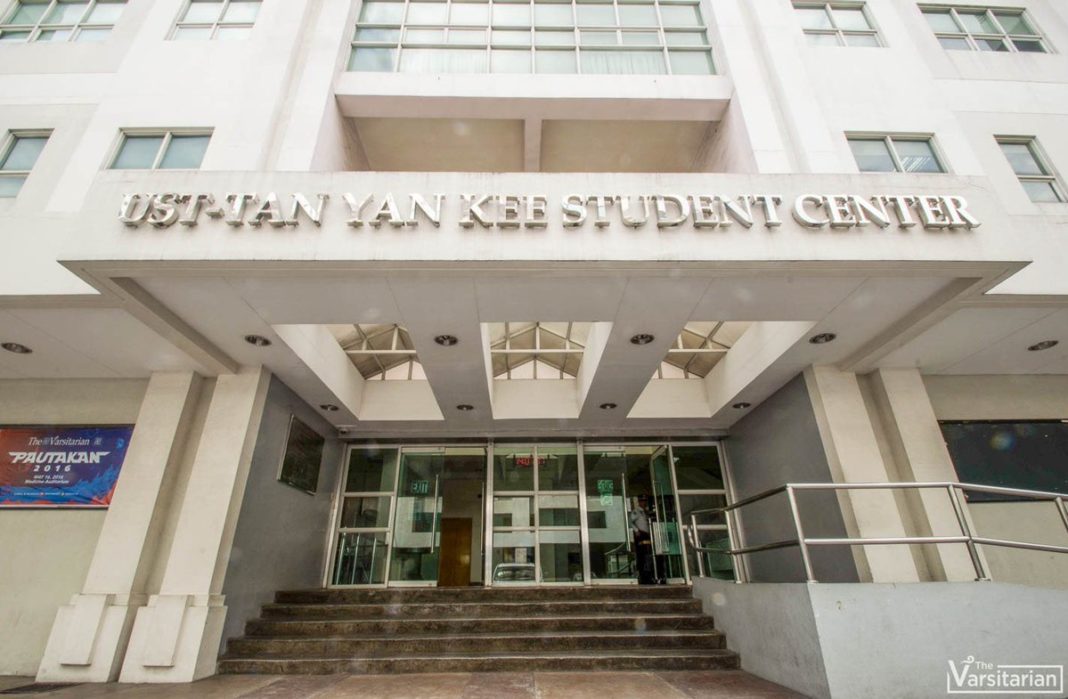There has been a persistent pattern of dwindling interest and a decrease in the number of candidates participating in the UST Central Student Council (CSC) elections. The reason for this occurrence can be attributed to various factors, such as the inadequate promotion of the student elections, the absence of political parties and opposition, and the arduous process and prerequisites for filing candidacy. Especially significant is the fact that the UST Commission on Elections (Comelec) has persisted with its antiquated methods despite the ongoing Covid-19 pandemic, and this has remained the case until the present time, even with the resumption of face-to-face classes.
For this year’s CSC Executive Board elections, the campaign period coincided with examination days for many students. This is particularly problematic in the hybrid setup because students may not be aware of the campaign period as they are focused on their academic requirements.
Additionally, most of the campaigns and election-related events are now limited to online platforms, which means the traditional “classroom campaigns” are no longer happening. Unfortunately, the Comelec has not taken advantage of this shift to the virtual environment. Its online information campaign has been subpar, and it has not succeeded in capturing the attention of students. As a result, there is a higher probability that voters are not well-informed about the candidates’ platforms in the current virtual setup nor the proposed charter change all outgoing student council officers and candidates are supportive of.
To assist in educating voters and guide Thomasian students in making wise choices for their next leaders, the Varsitarian is publishing this Botomasino issue—the first to be printed amid the Covid-19 pandemic. In addition to exclusive stories and interviews on our website, varsitarian.net, and social media pages related to the CSC polls, we believe it is crucial to continue distributing Botomasino through multiple platforms to reach as many people as possible. This ensures that Thomasians have access to information about the elections and can make informed decisions. Even though this year’s candidates may be running unopposed, it is important to remember that their victories should not be automatic. When candidates are running without opposition, it diminishes the significance of having a choice in the election.
The upcoming CSC will have a significant responsibility in policymaking and collaborating with UST administrators to establish guidelines for in-person classes and the school’s return to normal operations. Therefore, it is crucial for students to be informed about what is happening, especially with the proposed changes to the CSC charter.
While we promote the need for Thomasians to stay informed about the student polls through this Botomasino issue, we urge the UST Comelec to be innovative and devise methods to enhance student participation in student politics: No more to virtual elections! The Comelec’s outdated approach is detrimental to the student body, particularly with the already-restrictive Office for Student Affairs (OSA).
We anticipate that our next group of student leaders will deliver on their commitments. As the charter change is proposed, we expect a change of era, and the new student leaders should capitalize on this opportunity to bring about meaningful progress.
Moreover, we urge the OSA to refrain from using its typical oppressive tactics and instead empower student politics. Many batches of CSC officers have been speaking out against such repression, and for the advancement of student politics, the OSA should be receptive to a wider range of ideas.










